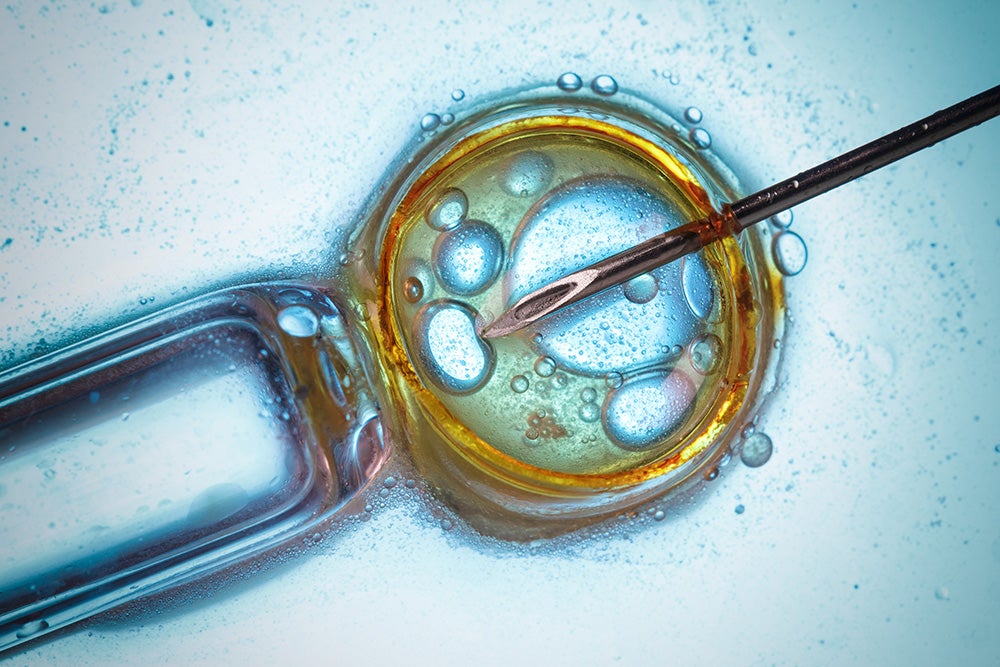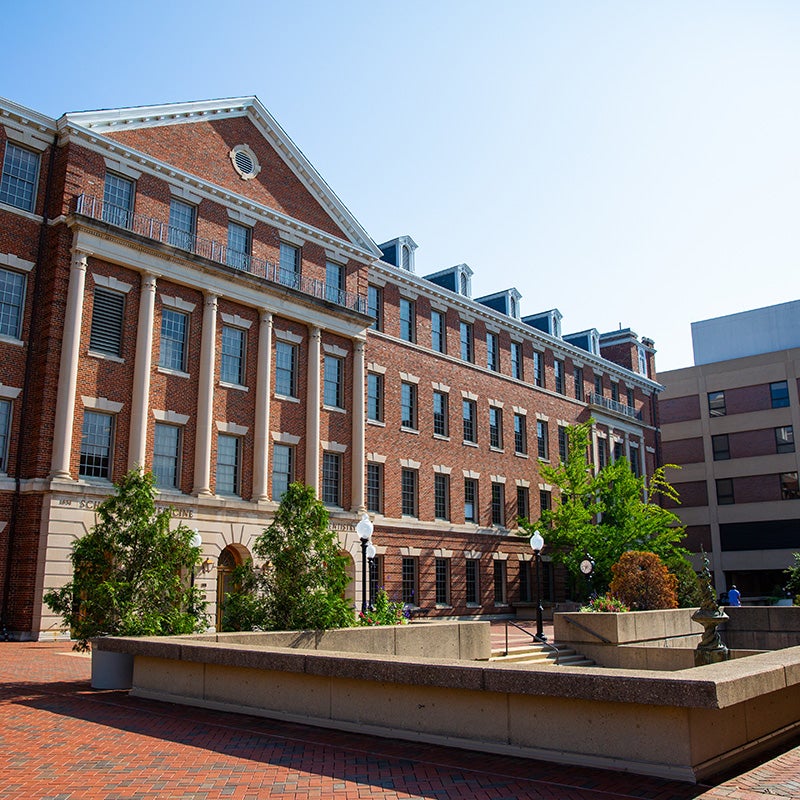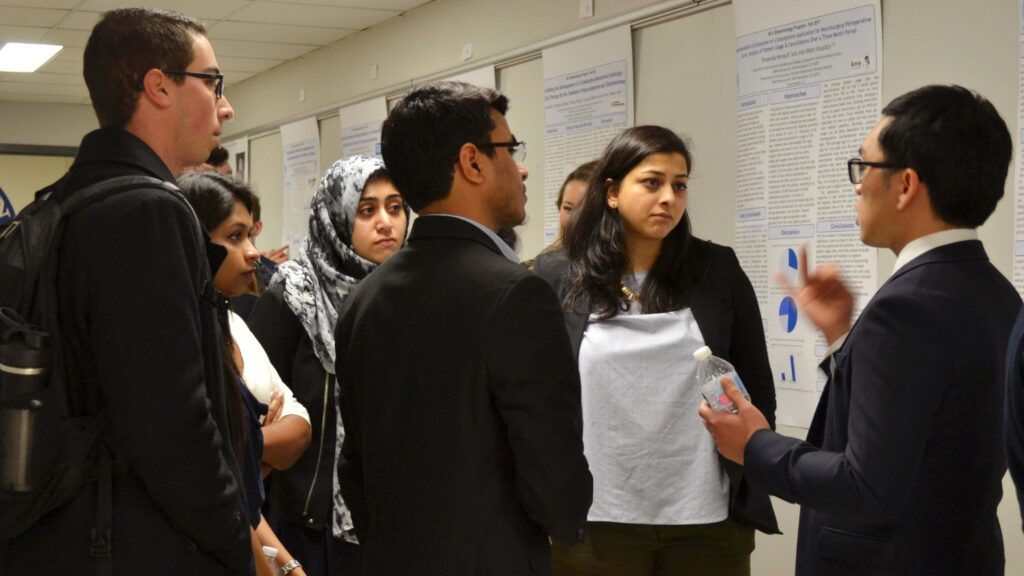The Cell & Gene Therapy Track focuses on the most recent important approaches to bring new individualized treatments to oncology and rare diseases.
Biotechnology plays a crucial role in developing targeted approaches. This tremendous shift from small molecules to biologics and now to cell and gene therapy involves a paradigm shift from treatment to cure. This track helps students to understand this trajectory, and equips them with the most current knowledge to take advantage of incredible new opportunities.
What You’ll Learn
Fall 2024 Admissions
Review our program prerequisites and begin your online application.
Courses
As with all our tracks, graduates gain a combination of scientific knowledge and business acumen. Cell and gene therapy-focused courses will allow our students to become versed in the most cutting-edge technologies and build their skills and expertise toward 21st-century needs. Students on the Cell & Gene Therapy Track will learn the scientific, business, and regulatory modalities of DNA repairs, immune-biotechnology, C> technologies and strategies as well as the regulatory aspects, along the core subjects. The fast-paced evolution of the biotechnology field leads us to expand into new areas of biotechnology so that students are well prepared for their careers.
Capstone Internships
Students gain real-world experience at biotech companies, agencies and other institutions through our capstone course.


